Domestic solid waste treatment technology criteria in Vietnam
What are the domestic solid waste treatment technology criteria in Vietnam? - Duy Lam (Dong Thap)
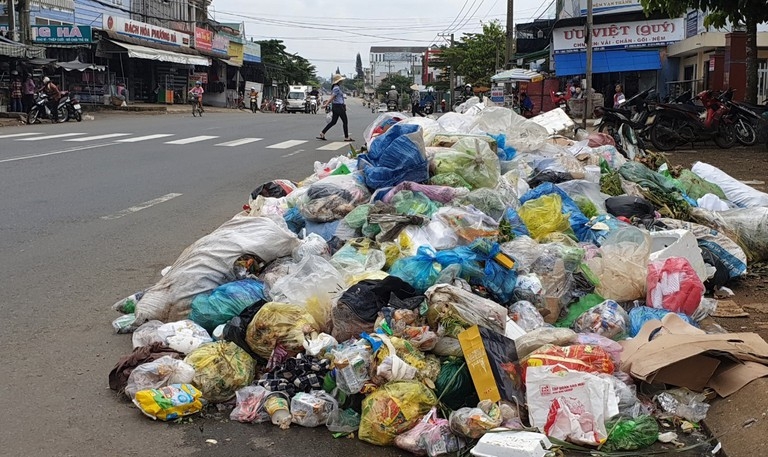
Domestic solid waste treatment technology criteria in Vietnam (Internet image)
Regarding this issue, LawNet would like to answer as follows:
1. Domestic solid waste treatment technology criteria in Vietnam
Domestic solid waste treatment technology criteria according to Article 28 of Circular 02/2022/TT-BTNMT are as follows:
- Technology:
+ Be capable of receiving and classifying waste, flexibly treating odors, sewage, exhaust gas in combination with other technology for the purpose of treating different types of solid waste; capacity expansion, energy recovery, secondary waste treatment; appropriate level of treatment scale;
+ Degree of automation, domestic value equipment lines; treatment, reuse, recycling and burial rate of domestic solid waste; advanced degree of processing technology; durability of equipment and technological lines;
Origin of equipment; the uniformity of equipment in the technological lines, the ability to use and replace domestic components and spare parts, the domestic value of the technology and equipment system;
+ Priorize technology that has been successfully applied, meets environmental technical standards and regulations on equipment for waste treatment and recycling and is suitable for Vietnam's conditions, evaluated and appraised by competent authorities according to regulations of the Law on Science and Technology, the Law on Technology Transfer. Priorize technology that belongs to the list of technology encouraged to be transferred in accordance with the Law on Technology Transfer.
- Environment and society:
+ Comply with environmental technical standards and regulations;
+ Save land use area;
+ Save energy, be capable of energy recovery throughout treatment process;
+ Be capable of training local resources participating in equipment management, operation, maintenance and equipment maintenance.
- Economy:
+ The treatment costs shall be suitable for the ability to pay cost of local authority or not be exceeded the treatment costs announced by the competent authority;
+ Market potential of the products from waste recycling activities;
+ Potential and economic value brought from the reuse of waste, energy and useful products created after treatment;
+ Market demand; product quality standard applied after treatment;
+ The appropriateness in the cost of construction and installation of equipment; operating cost; maintenance and repair costs.
2. Classification, storage and transfer of domestic solid waste in Vietnam
Classification, storage and transfer of domestic solid waste according to Article 75 of the Law on Environmental Protection 2020 as follows:
- Domestic solid waste generated by households and individuals is classified as:
+ Reusable and recyclable solid waste;
+ Food waste;
+ Other domestic solid waste.
- Provincial People’s Committees shall classify domestic solid waste specified in Point c Clause 1 of Article 75 of the Law on Environmental Protection 2020 within their provinces under the guidance of the Ministry of Natural Resources and Environment; introduce policies to encourage the classification of hazardous waste present in domestic solid waste generated by households and individuals.
- Households and individuals in urban areas must contain the domestic solid waste already classified as prescribed in Clause 1 of Article 75 of the Law on Environmental Protection 2020 in packages for transfer as follows:
+ Reusable and recyclable solid waste shall be transferred to entities for reuse and recycling or facilities licensed for collection and transport of domestic solid waste;
+ Food waste and other domestic solid waste must be contained in packages as prescribed and transferred to facilities licensed for collection and transport of domestic solid waste; food waste may be used as organic fertilizers and animal feeds.
- Households and individuals in rural areas that generate domestic solid waste and classify them as prescribed in Clause 1 of Article 75 of the Law on Environmental Protection 2020 shall manage them as follows:
+ Households and individuals are encouraged to make the most of waste food to be used as organic fertilizers and animal feeds;
+ Reusable and recyclable solid waste shall be transferred to entities for reuse and recycling or facilities licensed for collection and transport of domestic solid waste;
+ If not used as prescribed in Point a of Clause 4 Article 75 of the Law on Environmental Protection 2020, food waste shall be transferred to or facilities licensed for collection and transport of domestic solid waste;
+ Other domestic solid waste must be contained in packages as prescribed and transferred to facilities licensed for collection and transport of domestic solid waste.
- Households and individuals in rural areas that produce domestic solid waste shall classify, contain and transfer domestic solid waste as prescribed in Clause 3 of Article 75 of the Law on Environmental Protection 2020.
- The classification, collection, transport and treatment of bulky waste shall comply with regulations imposed by provincial People’s Committees.
- The Vietnamese Fatherland Front Committee and socio-political organizations at all levels shall encourage residential communities, households and individuals to classify domestic solid waste at source.
Internal residential communities and socio-political organizations shall supervise the classification of domestic solid waste by households and individuals.
- Key word:
- domestic solid waste
- in Vietnam
- Cases of land rent exemption and reduction under the latest regulations in Vietnam
- Economic infrastructure and social infrastructure system in Thu Duc City, Ho Chi Minh City
- Regulations on ordination with foreign elements in religious organizations in Vietnam
- Increase land compensation prices in Vietnam from January 1, 2026
- Determination of land compensation levels for damage during land requisition process in Vietnam
- Who is permitted to purchase social housing according to latest regulations in Vietnam?
-
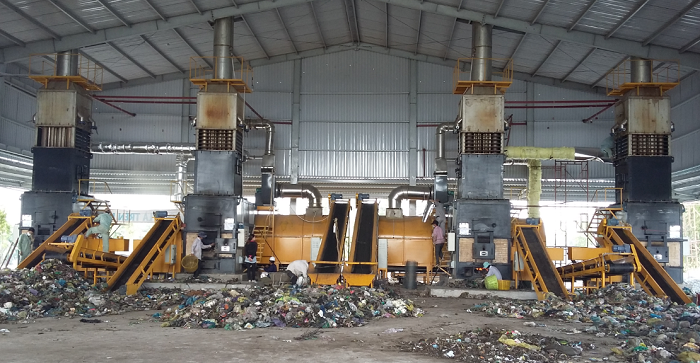
- Technical operation procedures for domestic solid ...
- 09:00, 02/02/2025
-
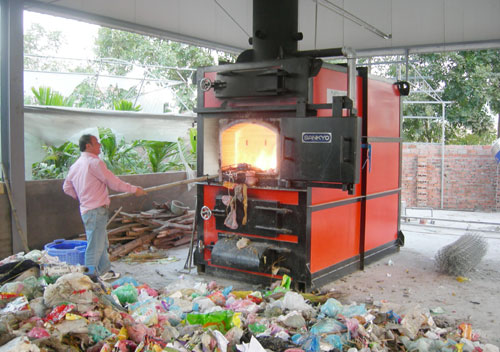
- Guidelines for the operation of domestic solid ...
- 09:00, 31/01/2025
-
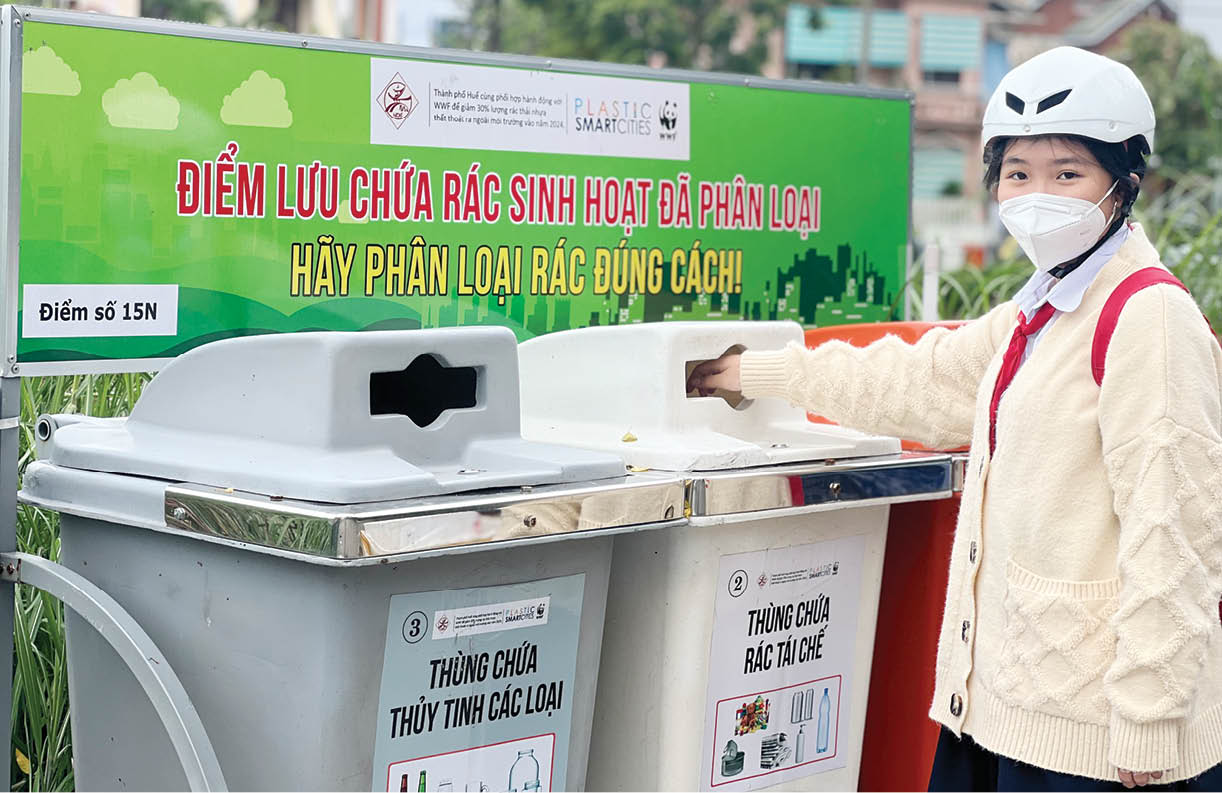
- Regulations on costs of collection, transport ...
- 12:32, 10/10/2024
-
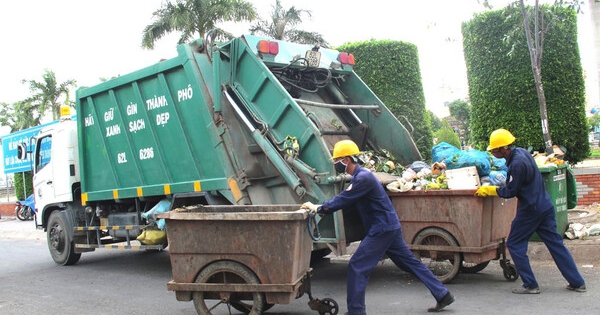
- Technical regulations on domestic solid waste ...
- 10:00, 02/10/2024
-
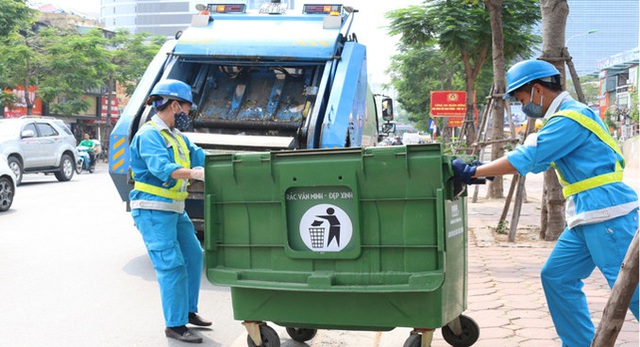
- Regulation on payment for the solid waste collection ...
- 09:30, 02/10/2024
-

- Notable new policies of Vietnam effective as of ...
- 16:26, 11/04/2025
-
.Medium.png)
- Notable documents of Vietnam in the previous week ...
- 16:21, 11/04/2025
-
.Medium.png)
- Notable documents of Vietnam in the previous week ...
- 16:11, 02/04/2025
-
.Medium.png)
- Notable new policies of Vietnam to be effective ...
- 16:04, 02/04/2025
-
.Medium.png)
- Notable new policies of Vietnam effective from ...
- 14:51, 21/03/2025

 Article table of contents
Article table of contents
